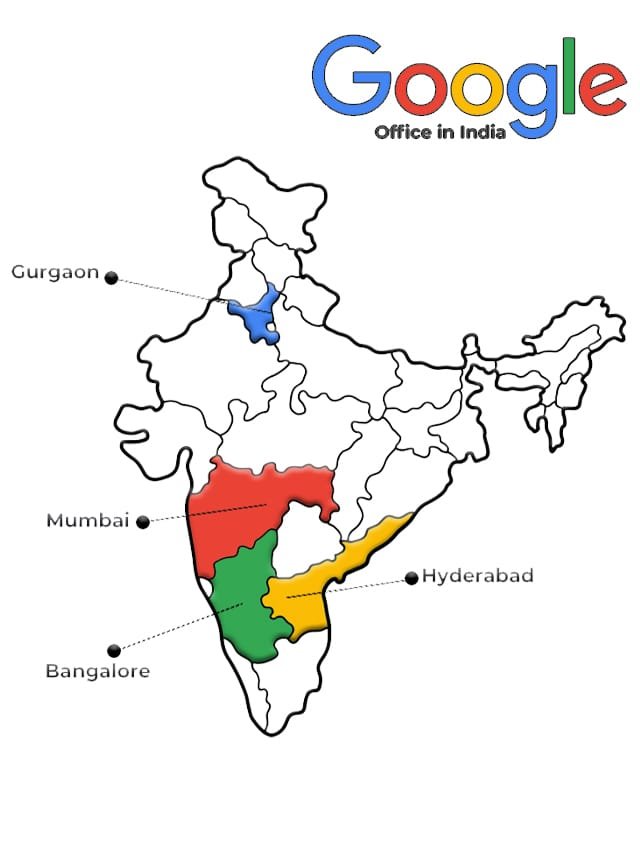Are you torn between learning JavaScript and Python? You’re not alone! Both languages are popular and powerful, each with its own strengths and ideal use cases. But which one should you choose to start your programming journey? This comprehensive guide will help you decide by comparing JavaScript and Python across various factors, providing lists, tables, and FAQs to ensure you have all the information you need.
Why Learn Programming?
Before diving into the comparison, let’s understand why learning programming is crucial in today’s world. Programming skills are highly sought after in various industries, offering numerous career opportunities. Whether you’re aiming to become a web developer, data scientist, or software engineer, programming is a fundamental skill that can significantly boost your career prospects.
What Are JavaScript and Python?
JavaScript
JavaScript is a versatile language primarily used for web development. It allows developers to create interactive web pages and is essential for front-end development. JavaScript is also used on the server side with environments like Node.js.
Python
Python is known for its simplicity and readability, making it an excellent choice for beginners. It’s widely used in web development, data analysis, artificial intelligence, scientific computing, and more. Python’s vast libraries and frameworks make it a versatile tool for various applications.
Key Differences Between JavaScript and Python
Syntax and Ease of Learning
- JavaScript: JavaScript syntax can be more complex, especially for beginners. It requires understanding concepts like closures and callbacks early on.
- Python: Python is renowned for its simple and readable syntax. It’s often recommended as the first language for beginners due to its ease of learning.
Use Cases
- JavaScript: Primarily used for web development, both on the client side (front-end) and server side (back-end with Node.js). Ideal for building dynamic websites and web applications.
- Python: Used in web development, data science, artificial intelligence, scientific computing, and more. Its extensive libraries make it a go-to for various fields.
Performance
- JavaScript: Generally faster for web applications due to its non-blocking, asynchronous nature.
- Python: Slower compared to JavaScript for some tasks, but its simplicity and readability often outweigh performance drawbacks.
Libraries and Frameworks
- JavaScript: Popular frameworks include React, Angular, and Vue for front-end development; Node.js and Express for back-end development.
- Python: Notable libraries include Django and Flask for web development; NumPy, Pandas, and TensorFlow for data science and machine learning.
Community and Support
- JavaScript: Has a large, active community with extensive resources, tutorials, and forums.
- Python: Also boasts a vast community, with numerous tutorials, documentation, and forums available for learners.
Detailed Comparison Table
| Feature | JavaScript | Python |
|---|---|---|
| Ease of Learning | More complex for beginners | Simple and beginner-friendly |
| Primary Use | Web development (front-end and back-end) | Web development, data science, AI, scientific computing |
| Performance | Faster for web applications | Slower, but adequate for most applications |
| Syntax | Complex, requires understanding of callbacks/closures | Simple, easy-to-read |
| Libraries/Frameworks | React, Angular, Vue, Node.js, Express | Django, Flask, NumPy, Pandas, TensorFlow |
| Community Support | Large, extensive resources | Large, extensive resources |
| Job Opportunities | High in web development | High in web development, data science, AI |
Pros and Cons of Learning JavaScript
Pros
- Ubiquitous in web development.
- High demand for JavaScript developers.
- Versatile: Can be used for both front-end and back-end development.
Cons
- Can be challenging for beginners due to complex syntax.
- Often requires understanding of multiple frameworks and libraries.
Pros and Cons of Learning Python
Pros
- Beginner-friendly with simple syntax.
- Versatile with applications in web development, data science, AI, and more.
- Extensive libraries and frameworks.
Cons
- Slower performance for certain tasks.
- Not as dominant in web development as JavaScript.
READ MORE : WordPress Learning Tips for New Bloggers
READ MORE : Dot NET Programming: What Beginners Should Know
FAQs
Q: Which language is better for web development?
A: JavaScript is generally better for web development due to its front-end capabilities and server-side support with Node.js. However, Python with frameworks like Django and Flask is also a strong contender.
Q: Is Python easier to learn than JavaScript?
A: Yes, Python is often considered easier to learn due to its straightforward and readable syntax, making it a great choice for beginners.
Q: Can I learn both JavaScript and Python?
A: Absolutely! Learning both languages can expand your skill set and open up more job opportunities in various fields.
Q: Which language has better job prospects?
A: Both languages have excellent job prospects, but they cater to different domains. JavaScript is crucial for web development, while Python is highly valued in data science, AI, and other technical fields.
Q: Should I start with JavaScript or Python?
A: If your primary goal is web development, starting with JavaScript might be beneficial. If you’re interested in data science, AI, or prefer a simpler syntax, Python is a great starting point.
Conclusion
Both JavaScript and Python are powerful languages with their unique strengths. Your choice should depend on your career goals and interests. If web development excites you, JavaScript is the way to go. If you’re interested in data science, AI, or prefer a language that’s easier to learn, Python is an excellent choice.
Thank you for reading this comprehensive comparison. Stay connected with CourseBhai through social media, push notifications, and newsletters for more updates and insights on learning, courses, jobs, internships, scholarships, and apprenticeships. Happy learning.











